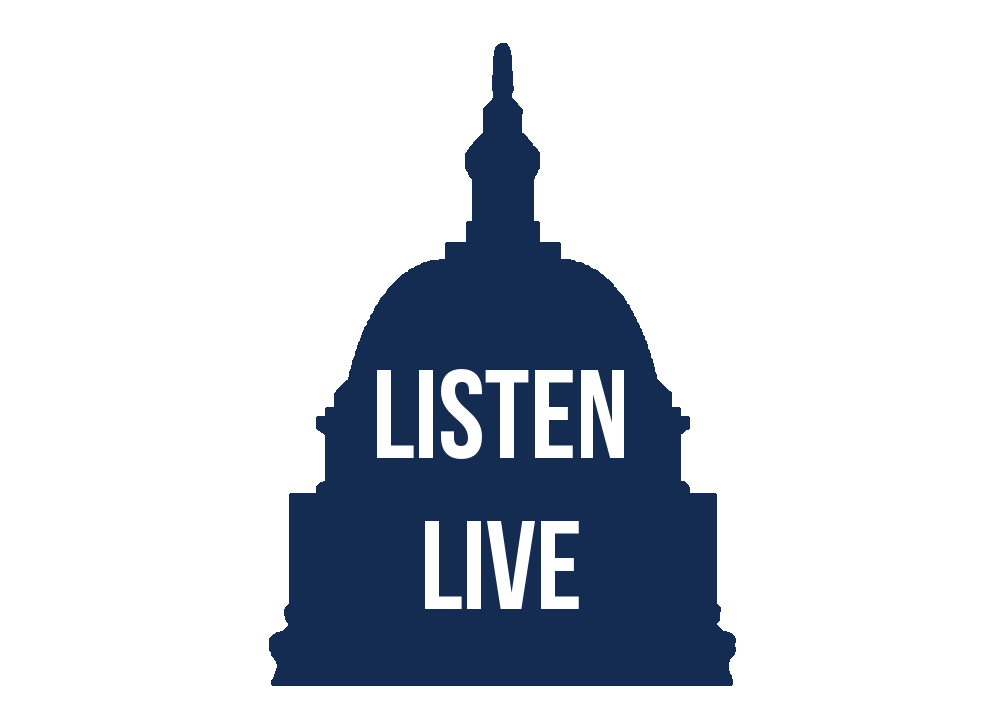It's the future of radio
- Feb 15, 2015
- 2 min read
SOPHIE OTA//
A diverse panel of accomplished producers and journalists gathered Wednesday in the Marvin Center to discuss their contributions, and their resulting thoughts on the future of modern radio.
The panel was moderated by Barbara Bradley Hagerty, a former NPR correspondent and current Distinguished Fellow of the School of Media and Public Affairs. Among the four panelists was Linda Holmes, host and writer for Pop Culture Happy Hour, Guy Raz, host of TED Radio Hour, Andrea Seabrook, founder of the DecodeDC podcast and Alix Spiegel, founder of the second top podcast on iTunes, Invisibilia. Although the projects they work on are diverse in content, the unifying factor between the four is that at one point they have been or still are associated with National Public Radio (NPR).
“We have a star-studded cast here tonight,” Hagerty said.
Each panelist discussed his or her process behind creating their shows. Spiegel went through the process with NPR in the standard manner that all podcasts go through before launching on their network. Discussing inspiration, creating pilot episodes, presenting to production directors, and so on. Others, like Seabrook, pursued more alternative routes when following their passion, and in Seabrook’s case, left NPR altogether to do so.
According to Seabrook and other panelists, creating an independent podcast is much harder without the brand of NPR behind the show, and it’s more expensive to produce than one might think.
“My kickstarter campaign was the most stressful three weeks of my life,” said Seabrook. “My goal was to raise $75,000, and for that I had to be a non-stop PR campaign.”
Production and resources are only part of the process of creating a podcast. The rest is quality content. Hagerty focused most directions on the creative process for each individual in choosing their show’s content. Each show’s concept requires a different creative process.
Spiegel’s show, Invisibilia, revolves around abstract ideas, with the underlying theme that there has been an evolution in how we view thoughts. From Freud’s notion that there is meaning behind every thought to the more modern, “zen” concept that thoughts hold little weight. Each week Speigel has to create a new way to express that evolution and challenge each perspective.
“My first show I just went around asking people what I think is the best question I’ve ever used in my life as a reporter, and it was, “What are you thinking?” Said Speigal.
Alternatively, Raz is partnered with the TED network, and his concepts are usually simple in comparison. He finds three or four TED talk examples that revolve around one basic topic, like happiness, play, or secrets. One the theme is chosen, combing through the TED talks becomes relatively easy.
“One week we were getting nowhere, and I essentially locked in myself in a room for a day until I had an idea,” said Raz.
According to Holmes, as long as the content is interesting, and the necessary time is put in to ensure quality. The most important thing to succeed is a high subscribership. And that can’t be achieved without quality content.



Comments